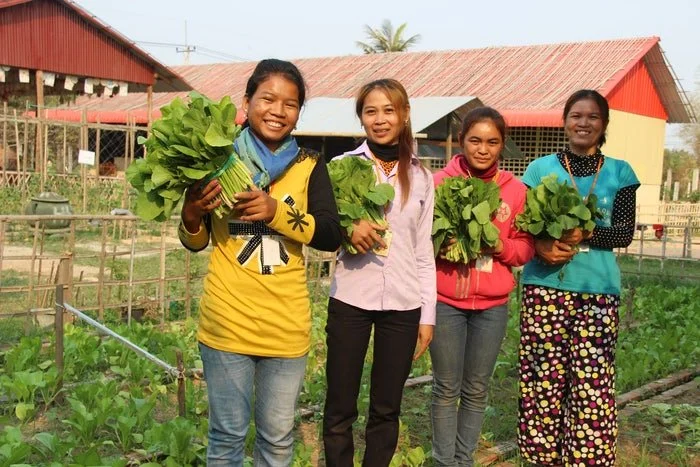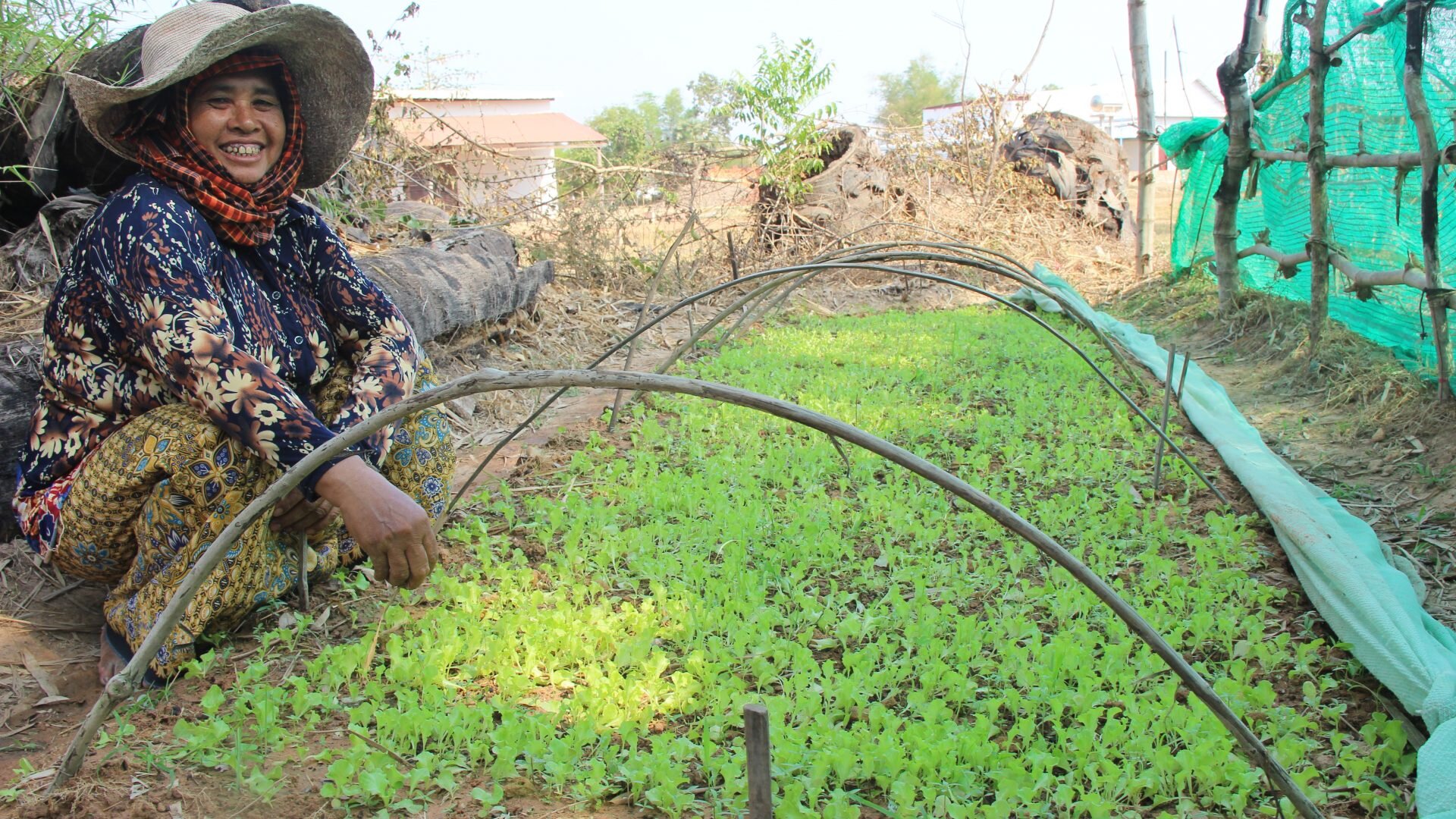The case for local economic empowerment in Cambodia
This article was originally published by Human and Hope - a registered charity in Australia that empowers communities to address inequalities.
Over the last twenty years, research by the World Bank has shown that Cambodia has undergone a significant economic transition with its economy sustaining an average annual growth rate of 7.7 percent between 1998 and 2019 causing it to be one of the fastest growing economies in the world . Over the years, the data by the World Bank shows that Cambodia has made considerable strides in improving and elevating maternal and child health, early childhood development, and primary education in rural areas.
However, despite these impressive and significant strides in Cambodia’s economic development, there remains a long way to go in the nation’s health and socioeconomic outcomes. Research and published data indicate that current human capital indicators for Cambodia continue to fall short in comparison to other lower middle-income countries in peer cohorts.
For instance, today, a child born in Cambodia will only be 49 percent as productive when grown as she could be if she enjoyed full quality education, good health, and proper nutrition during her childhood. An estimated one in three children under the age of five suffer from stunting and only 36 percent of children between three and five years old are enrolled in early education .
Poor childhood health and nutrition continues to be a key driver of Cambodia’s gaps in human capital.
A comprehensive human capital strategy is necessary that includes long-term investments in early childhood health and nutrition alongside short-term measures in skills-building and higher education.
The preschool program we financially support through HHA Cambodia in rural Siem Reap teaches children the Khmer alphabet, arts and sports whilst also building good hygiene and habits. These steps in bridging the gap in opportunity for low socioeconomic groups in rural parts of Cambodia are just one part of a whole-scale approach to investments in Cambodia’s human capital that can help build its economy.
In addition to offering early childhood education support and improved access to healthcare, women’s economic empowerment is yet another factor that is essential for more inclusive and sustainable growth in Cambodia.
Information published by the Asian Development Bank shows that there are many obstacles to women’s economic empowerment in Cambodia. This is a result of a combination of factors not limited to - the amount of time spent in fulfilling unpaid domestic and care work; women’s lower levels of literacy, education and skills and a general lack of access to resources necessary for economic empowerment .
In general, Cambodian girls and women experience greater vulnerability due to prevailing social norms and lower access to resources and employment opportunities to cope with shocks, as compared with boys and men.
Human and Hope tries to address these gaps in opportunity through various programs we financially support in Cambodia. For instance, the sewing program we fund sees women develop their skills, knowledge and confidence whilst also creating financial security for themselves and their families.
In a few months, we will be stepping up our fight against poverty and walking from Sydney to Siem Reap…five times. We are doing this to shine a light on voluntourism and to advocate for a local approach to development that empowers the economies and people we invest in.
We invite you to join us in our Walk to Cambodia as we support our program partner HHA Cambodia to create a sustainable future for the communities and families of Cambodia.
Read more about the impact of the Walk to Cambodia here and if you are interested in getting involved with the work we do at Human and Hope, read more about us here.







